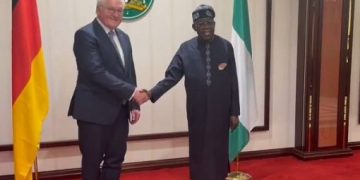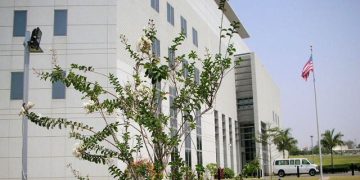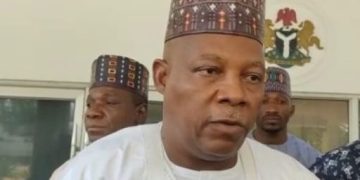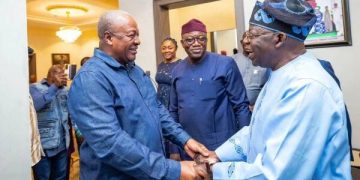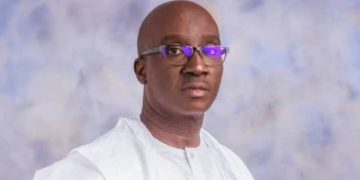Clement Agba, Minister of State for Budget and National Planning, revealed this during a high-level partner engagement in Abuja yesterdayj, saying the federal government had supplied 46% of the budget.
Agba stated that N327.2 billion was still needed to carry out the census efficiently.
He said: “The total requirements for this census, including the post-census activities, is N869 billion, this is about $1.88 billion.
“When you hear the numbers, they really look very huge. Censuses all over the world, the average is between four to six dollars. However, in the United States, they spend $16 per person. In Botswana, they spend about $10 per person. So Nigeria’s $6 per person, you’ll agree with me, is very reasonable.
“So far, the government has spent 291.5 billion naira which is $632 million. This is about 46 percent of the requirement for the census. I know this time around we’re not just doing only the population census, we’re also doing a housing census.
“So the additional requirements for the critical items to ensure the census is done is 327.2 billion naira. This is about 709.9 million US dollars.”
The minister stated that the government had not undertaken a census in over two decades owing to administration changes, the recession, and COVID-19, among other factors.
He stated that the census will be digital, green, and transformational, and that money would be a big obstacle for the exercise, in addition to insecurity and cultural difficulties.
Read Also: Seun Kuti claims Lagos State belongs to the Portuguese
He stated that the administration need public assistance “in cash and kind” to acquire tablets for enumerators, internet and data access, and training.
Zainab Ahmed, Minister of Finance, Budget, and National Development, stated in her remarks that the census had become necessary over two decades after the last one was done in 2006.
Ahmed said it would help the nation in its planning for development and provide accurate data for different sectors and also for investment.
“As you may be aware, this month, the month of March marks exactly 17 years since the last national census was conducted in Nigeria, in 2006.
“By United Nations standards, population and housing censuses are to be conducted every 10 years. The set period allows the government to correctly capture changes in the population, the age structure, and the movement of the population for alignment of public policy, and also for investment decisions and making laws.
“Almost two decades on, it has become imperative and urgent for Nigeria to conduct another census as clearly spelt out in our national development plan of 2021 to 2025,” she said.
The minister said the government would collaborate with relevant organisations and the United Nations Population Fund, UNFPA, to carry out a national census that reflects Nigeria’s population.
She said the exercise would employ extensive use of digital technology for credible, reliable, and acceptable outcomes.
In an appeal for support, Ulla Mueller, UNFPA resident representative, said that population growth is not a challenge because it can provide opportunities.
Mueller said there would likely be 450 million people in Nigeria by 2050, saying that the country can choose “to be 450 million strong and understand the possibilities and opportunities a well-educated and well-mannered population offers to this country. Or we can choose to be 450 million blind and make decisions based in the dark.”

